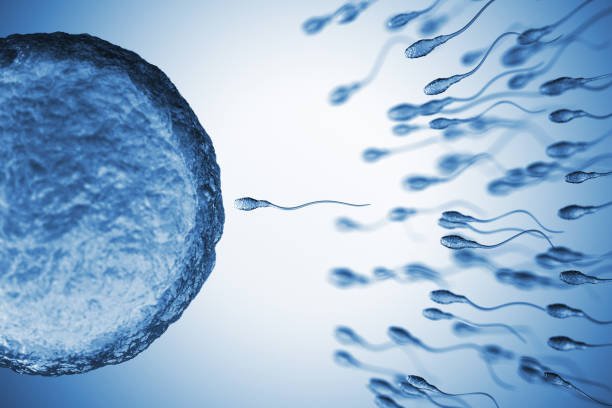ICSI stands for Intracytoplasmic Sperm Injection . This method allows us to select the best sperm and implant it into a microinjection needle. The needle is then delicately pushed into the opposite side of the oocyte, allowing the sperm to be injected into the egg's cytoplasm. The goal is for the egg and sperm to unite. In other words, fertilisation occurs successfully.
Among all other procedures, ICSI, or intracytoplasmic sperm injection, is a type of IVF used primarily to treat male infertility. It combines a single injection of sperm straight into the mature egg.

ICSI Treatment is a type of IVF infertility treatment that involves a single sperm injection straight into the egg to fertilise it. After an egg has been fertilised, it is transferred to the female uterus, where pregnancy develops.
The entire procedure of ICSI is quite similar to that of IVF; the only difference is that in the IVF process, fertilisation occurs in the dish, but in ICSI, the physician selects the sperm from a supplied sample. Furthermore, it is administered straight into each egg. It is regarded as the most effective reproductive treatment.
ICSI treatment is a process that involves mature egg formation. Fertility medication is most likely prescribed to help your ovaries produce more eggs for conception. If you are considering treatment, it is most likely because the illness is linked to male infertility.
Couples who have not had success with other accessible treatments also use this procedure.
Here is a step-by-step breakdown of the ICSI procedure:
The ICSI treatment is a cutting-edge reproductive technology fertility procedure. If you and your partner are contemplating a pregnancy and want to undergo ICSI therapy, you should be aware of the following issues:
These are some of the most common reasons why ICSI treatment is recommended to males who are contemplating a pregnancy with their spouses. So, if you want to become a parent, consult with an infertility specialist who can better assist you.
ICSI treatment can fertilise between 50 and 80% of eggs. However, there are some difficulties to be aware of both during and after the ICSI procedure:
Some eggs may be damaged and so unsuitable for continued fertilisation. Even after the injection process with the sperm, the egg does not always develop into an embryo. The embryo may cease to develop.
According to research conducted by the American Society of Reproductive Medicine, ICSI treatment is 100% safe. It is one of the most effective procedures for couples dealing with male infertility. They can also improve the chances of conception for couples who had poor fertilisation in the last IVF cycle with this medication.
Fertility can be difficult, but there are procedures, such as ICSI, that can help couples who are experiencing male infertility. If you are facing infertility and are unaware about the ICSI process, we hope that this blog will help you obtain a better understanding.
Before deciding on a treatment, consult with a fertility specialist. You can also contact a professional like Embrion IVF Centre which has enabled countless couples become pregnant.